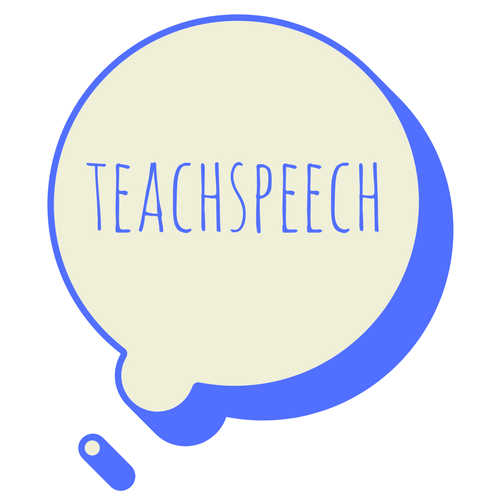When I first entered 9th grade, I was dead set on debating Lincoln-Douglass. The image of pontificating about large philosophical ideas was intoxicating. I was definitely going to be the next Immanuel Kant. However, when I observed my first round, I wasn’t sure whether I was having a seizure or if the contestants were speaking in a language of sharp breaths and quick mumbles. Sadly, my LD dream ended as I fell in love with Extemp, an event where I wouldn’t have to develop juvenile asthma. My experience with LD isn’t that foreign; in conversations with other members of the NJ prep room, a common theme is “Yes, I wanted to do [form of debate] but it simply wasn’t applicable to the real world.” While debaters, in LD, Policy, and now PF, continue to speed down the intellectual highway, they’re leaving the rest of us in their dust.
The NSDA’s first debate event was Cross-Examination Debate or Policy. In teams of two, debaters would advocate or negate a resolution that called for a specific policy change by the United States federal government. Ranging from Chinese intervention to education policy, however, the slow, measured rounds of policy have transformed into 200+ word per minute debates that rarely touch the revolution. Besides the national final, it is common for policy debaters to speak only in “flow style” where they’ll use tactics like the Kritik and Counterplan to compete at a level inaccessible to the average listener. The arguments that policy debaters make are incredible, but the often tenuous links between debates about race and US ocean exploration cheapen the value of these conversations. In the context outside of debate, listeners can’t understand or apply these dialogues because they require about four years of debate experience to understand. In the debate community, there’s an equal percentage of people who also believe that these arguments outside of the resolution make the resolution useless. In LD and PF, the race towards incomprehensibility continues as every year, cases become more heavily carded, read at a faster rate, and more inaccessible to the average judge. Debate should be a competition, but it’s not a race to incomprehensibility. After all, what is debate when resolutions have no bearing on cases? What is debate it becomes an insular academic community?
As a speech kid, I’m blessed to have minimal overhead in competition costs. Besides a small budget for fun ties and auto-filers, nearly anyone can compete and be good at a speech event, irrespective of financial means. On the contrary, debate is expensive. Between buying briefs, hiring specialized coaches, and traveling exhaustively across the circuit, it’s difficult for Small High School AB to take on the incredible programs like Glenbrook North and South or Peninsula in Policy; Horace Mann, Nueva, and Poly Prep in PF; Scarsdale, Harrison, or Harvard-Westlake in Lincoln-Douglas. While scholarship programs have attempted to cut the overhead of competing at a championship level, it’s extremely rare to see those in the finals of the TOC who have not been in the top labs at camps, championed round robins across the circuit, and hired a small army of their debate specialty’s greatest intellectuals. While it’s easy to cavil that these students could be equally talented even without resources, it’s hypocritical to ignore the cliquey environment of the forensics world. People complained endlessly about two lay debaters being in the finals of LD this year at NSDA Nationals, one of the only times in recent history that a non-circuit debater had dominated the round. On one hand, debaters in round will read arguments about the classism and inequality present in the United States, yet they gripe when the less privileged few are able to succeed. Success in high school debate shouldn’t center around one’s name or one’s resources, it should focus on talent, hard work, and merit. Debate shouldn’t be about the people debating, it should be about the debate.
Thankfully, I was able to find a style of competitive speaking that fit my personality (and relatively slow processing for speech). However, the hundreds of students who’ve felt alienated from these debate types should not be precluded merely because of their resources or traditional approaches to debate. Forensics should be inclusive for all, not exclusive for few.
